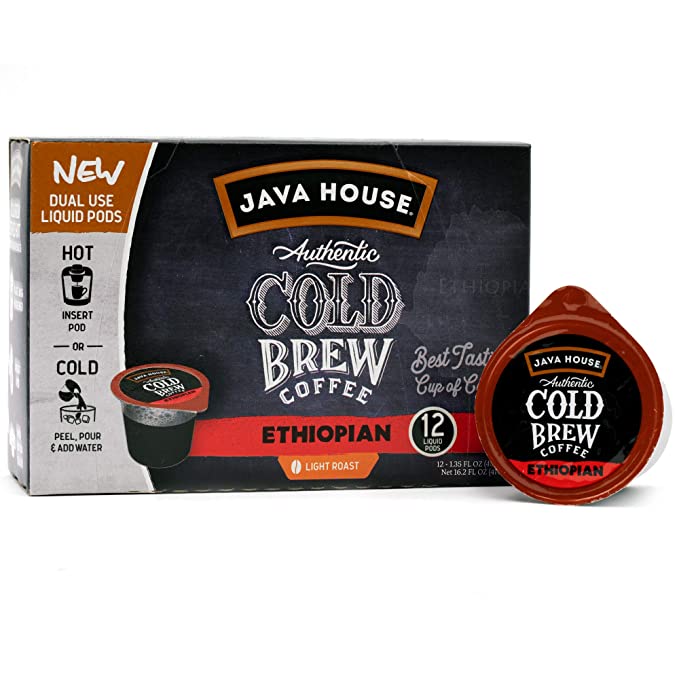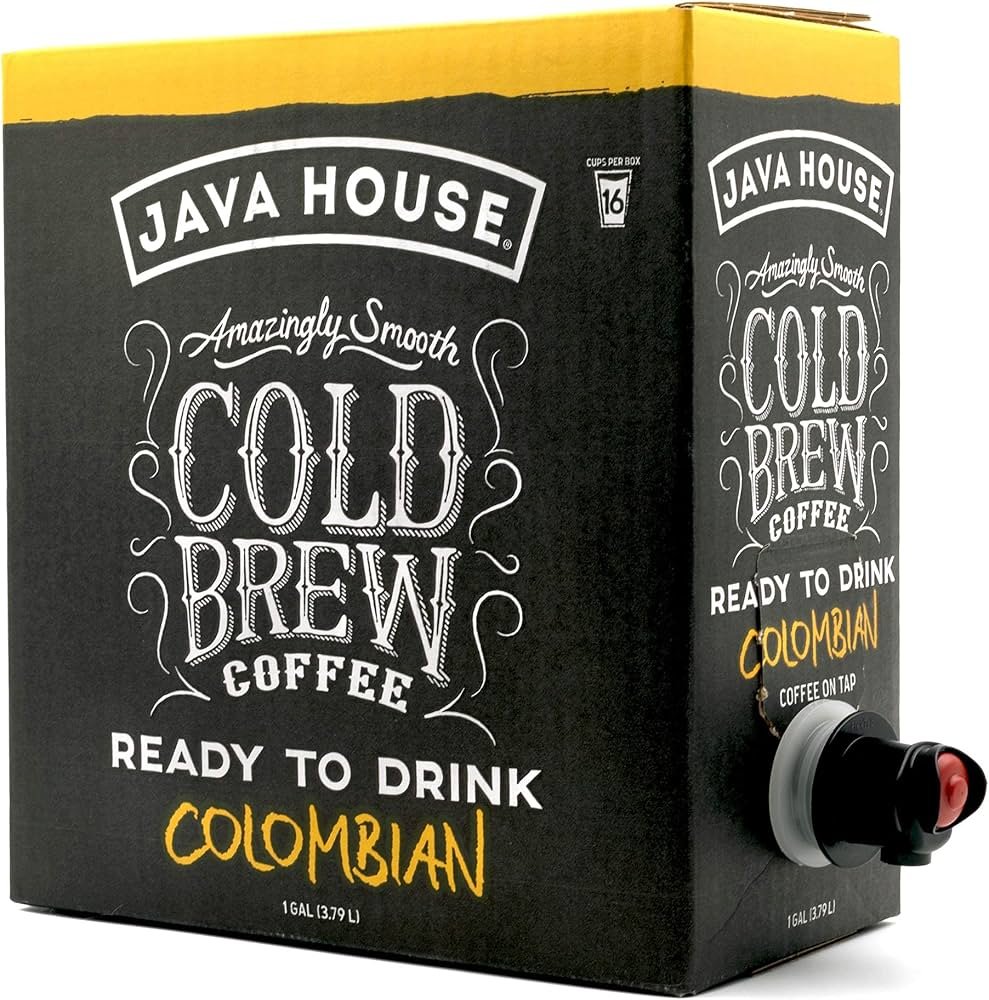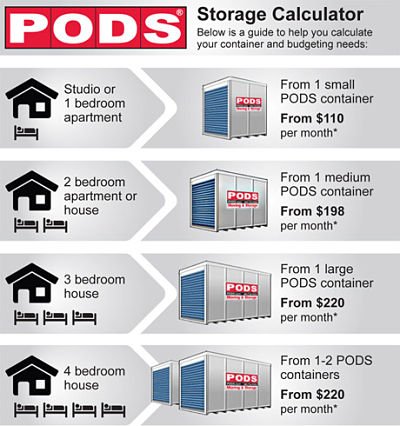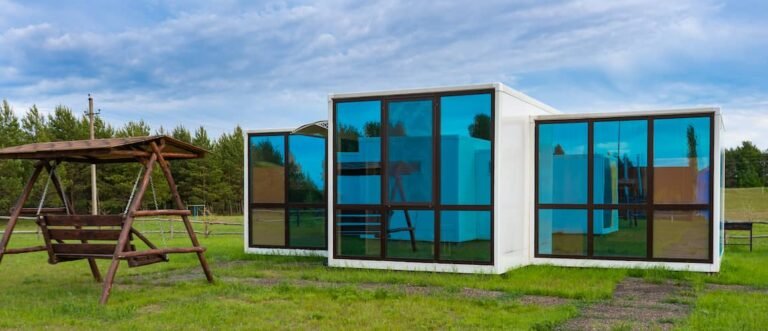Does Java House Coffee Pods Go Bad? Shelf-Life Secrets
Yes, Java House Coffee Pods can go bad over time. They have a shelf life and should be consumed before the expiration date.
Java House Coffee Pods are a convenient way to enjoy a fresh cup of coffee. These pods come with a best-by date, ensuring optimal flavor and quality. Storing them in a cool, dry place extends their freshness. Exposure to moisture or heat can deteriorate the coffee pods faster.
Always check the packaging for any signs of damage before use. Proper storage practices help maintain their taste. Enjoying them within the recommended time frame ensures the best coffee experience. For coffee enthusiasts, Java House Coffee Pods offer both convenience and quality.
The Freshness Factor Of Coffee Pods
Many coffee lovers wonder, do Java House Coffee Pods go bad? Freshness is key to enjoying a great cup of coffee. Let’s explore how to determine the freshness of coffee pods and the factors that affect it.
Determining Freshness
To determine if your coffee pods are fresh, check the packaging. Most coffee pods have an expiration date. This date indicates when the coffee is at its best quality.
Another way to check freshness is to smell the coffee pod. Fresh coffee has a strong, pleasant aroma. If the smell is weak or off, the coffee may not be fresh.
You can also look at the color of the coffee grounds. Fresh coffee grounds are dark brown. If the grounds are pale or discolored, the coffee is likely stale.
Factors Affecting Coffee Pod Freshness
| Factor | Description |
|---|---|
| Storage | Store coffee pods in a cool, dry place. Heat and moisture reduce freshness. |
| Packaging | Sealed packaging keeps coffee fresh. Once opened, use the pods quickly. |
| Exposure to Air | Air exposure can make coffee go stale. Always reseal opened packages. |
| Light | Light can degrade coffee quality. Store pods away from direct sunlight. |
To keep your coffee pods fresh, follow these tips:
- Store in a cool, dry place.
- Keep pods in their original packaging until use.
- Avoid exposing pods to air and light.
By following these tips, you can enjoy fresh, flavorful coffee every time.
Shelf Life Of Java House Coffee Pods
Java House Coffee Pods offer a convenient way to enjoy coffee. But how long do they stay fresh? Knowing their shelf life helps you enjoy your coffee at its best.
Average Shelf Life
The average shelf life of Java House Coffee Pods is 12 months. These coffee pods are sealed to keep them fresh. Over time, their taste may change.
| Product | Average Shelf Life |
|---|---|
| Java House Coffee Pods | 12 months |
Best Before Vs. Expiration Dates
Java House Coffee Pods have a “best before” date. This date suggests when the coffee is at its best quality. It does not mean the coffee is unsafe after this date.
- Best Before Date: Indicates peak quality.
- Expiration Date: Rarely found on coffee pods.
After the best before date, the coffee may lose flavor. It is still safe to drink if stored properly.
Preservation Techniques For Coffee Pods
Preserving the freshness of Java House Coffee Pods is essential for a great taste. Follow these techniques to ensure your coffee pods stay fresh and flavorful.
Proper Storage Conditions
Store your coffee pods in a cool, dry place. Avoid direct sunlight and heat sources. The ideal temperature is between 60°F and 75°F.
- Temperature: Keep pods at room temperature.
- Humidity: Store in low humidity to prevent moisture.
- Containers: Use airtight containers to keep air out.
Use a vacuum-sealed container for the best preservation. This prevents air from affecting the pods.
Avoiding Common Storage Mistakes
Avoid storing coffee pods in the refrigerator. The cold can cause condensation, leading to moisture.
- Avoid placing pods near ovens or stoves.
- Do not store in the pantry with strong-smelling foods.
- Keep away from direct sunlight.
Using a dedicated coffee pod holder can help maintain order and freshness. These holders often come with airtight seals.
Lastly, check the expiration date on the packaging. Use the pods before this date for the best flavor.

Credit: javahouse.com
Signs Of Spoilage In Coffee Pods
Wondering if your Java House Coffee Pods have gone bad? Spotting spoilage signs is crucial. Let’s look at visual clues and changes in aroma and flavor.
Visual Clues
Check the pod’s exterior. Look for any damage or discoloration. Damaged pods may let in air, causing spoilage.
Inspect the coffee grounds inside. Fresh grounds are a rich, dark brown. Spoiled grounds may appear faded or have a moldy appearance.
| Signs | Description |
|---|---|
| Discoloration | Faded or unusual colors |
| Damage | Tears or punctures on the pod |
| Mold | Visible mold on the grounds |
Changes In Aroma And Flavor
Fresh coffee smells rich and inviting. Spoiled coffee may smell stale or musty.
Brew a cup to check the flavor. Fresh coffee tastes bold and smooth. Spoiled coffee tastes flat or bitter.
- Stale Aroma: Smells dull or off
- Musty Smell: Indicates possible mold
- Flat Taste: Lacks flavor depth
- Bitter Flavor: Unpleasant taste
The Impact Of Packaging On Longevity
Java House Coffee Pods are known for their rich flavor. But do they go bad? The packaging plays a crucial role in determining their shelf life. Let’s explore how different packaging types and seal integrity affect the longevity of these coffee pods.
Types Of Packaging Materials
Packaging materials greatly influence the freshness of coffee pods. Here are some common types:
- Plastic: Often used for its durability and cost-effectiveness.
- Aluminum: Provides excellent barrier properties against air and moisture.
- Composite: Combines multiple materials for enhanced protection.
Each material has its pros and cons. Plastic is lightweight but may not provide the best barrier. Aluminum offers superior protection but can be more expensive. Composite materials aim to balance these factors.
Seal Integrity And Protection
The integrity of the seal is vital for maintaining freshness. A strong seal prevents air and moisture from entering, which can spoil the coffee. Here are some common sealing methods:
- Heat Sealing: Uses heat to create a tight seal.
- Vacuum Sealing: Removes air before sealing for extra freshness.
- Pressure Sealing: Uses pressure to ensure a secure seal.
Heat sealing is commonly used for its effectiveness. Vacuum sealing offers the highest level of protection by removing air. Pressure sealing ensures the seal remains intact even under stress.
Maintaining the seal integrity is essential for extending the shelf life of Java House Coffee Pods. Always check the packaging for any damages or leaks before use.

Credit: javahouse.com
Brewing With Expired Coffee Pods
Curious about using expired Java House Coffee Pods? You are not alone. Many coffee lovers wonder about the safety and taste of expired pods. This section will address the key points to consider.
Safety Concerns
Expired coffee pods may pose safety risks due to bacterial growth. The packaging can degrade over time. This allows air and moisture to seep in. Bacteria can grow in moist conditions. Consuming such coffee can lead to stomach issues.
Always check the expiration date on the packaging. If the pod is past the date, consider it unsafe to use. Also, inspect the pod for any visible damage or unusual smell. Any off-putting smell indicates spoilage.
Taste And Quality Considerations
Expired coffee pods often result in poor taste and quality. The flavor becomes stale. The aroma is not as rich. Fresh coffee should have a robust and inviting smell.
Here is a comparison between fresh and expired coffee pods:
| Aspect | Fresh Coffee Pod | Expired Coffee Pod |
|---|---|---|
| Taste | Rich and flavorful | Bland and stale |
| Aroma | Strong and inviting | Weak and musty |
| Appearance | Bright and clear | Cloudy and dull |
To ensure the best coffee experience, use fresh pods. Store them in a cool, dry place. Avoid exposure to sunlight and moisture. This will keep your coffee pods fresh longer.
Maximizing Freshness: Tips And Tricks
Keeping your Java House Coffee Pods fresh can enhance your coffee experience. Here are some tips and tricks to maximize freshness.
Optimal Use Timelines
Using coffee pods within the recommended time ensures the best flavor. Java House Coffee Pods have a “best by” date. This date is usually on the packaging. Consuming pods before this date ensures optimal taste.
| Storage Method | Optimal Use Timelines |
|---|---|
| Room Temperature | 3-6 months |
| Refrigerated | 6-9 months |
| Freezer | 12 months |
Reviving Stale Coffee Pods
Sometimes coffee pods can go stale. Here are some ways to revive them:
- Store them in an airtight container to protect from air.
- Add a pinch of salt to enhance the flavor.
- Brew with fresh water to improve taste.
Following these tips can help keep your Java House Coffee Pods fresh. Enjoy a great cup of coffee every time!

Credit: www.amazon.com
The Debate: Freshness Vs. Convenience
The popularity of coffee pods has sparked a debate. Is the convenience worth the potential loss of freshness? This question is vital for coffee lovers. Let’s explore both sides of this debate.
The Trade-offs Of Pod Coffee
Java House Coffee Pods offer ease and speed. Busy mornings become simpler with just a press of a button. Convenience is the primary advantage. No grinding beans, no measuring coffee grounds, and no messy clean-ups.
On the flip side, freshness might be compromised. Freshly ground coffee beans release more aroma and flavor. Coffee pods are sealed, but they might lose some freshness over time. The packaging helps, but it’s not foolproof.
Consumer Preferences And Expectations
Consumers value convenience and time-saving features. Many people are willing to trade a bit of freshness for quick coffee. Single-serve pods are perfect for busy lifestyles.
Flavor and aroma are still important. Some coffee drinkers expect the best taste, even from pods. This expectation can lead to disappointment if the coffee isn’t fresh.
| Aspect | Pods | Freshly Ground |
|---|---|---|
| Convenience | High | Low |
| Freshness | Medium | High |
| Flavor | Good | Excellent |
| Preparation Time | 1 minute | 5 minutes |
- Convenience is unmatched with coffee pods.
- Freshness may suffer in sealed pods.
- Flavor expectations vary among consumers.
- Consider your lifestyle needs.
- Evaluate the importance of flavor and freshness.
- Choose what best fits your daily routine.
Frequently Asked Questions
Can You Use 2 Year Old Coffee Pods?
Yes, you can use 2-year-old coffee pods. The flavor might be weaker, and the coffee may taste stale. Check for any damage before use.
Is It Okay To Drink Expired Coffee Pods?
Drinking expired coffee pods isn’t recommended. They may lose flavor and freshness. Always check the expiration date.
How To Tell If K-cups Are Bad?
Check for an expired date on the packaging. Look for changes in smell, taste, or appearance. If the K-Cup is swollen or punctured, it’s likely bad.
What Is The Shelf Life Of Coffee Capsule?
The shelf life of coffee capsules is typically 12-24 months. Store them in a cool, dry place for freshness.
Conclusion
Java House Coffee Pods can go bad over time. Proper storage extends their freshness. Keep them in a cool, dry place. Check expiration dates to ensure quality. Enjoy your coffee at its best by following these tips. Freshness is key to a great coffee experience.





